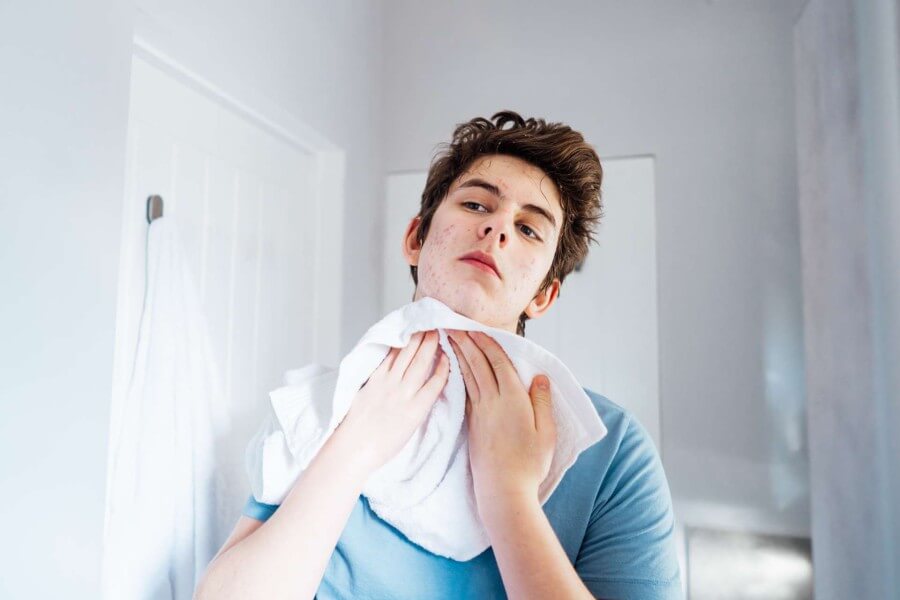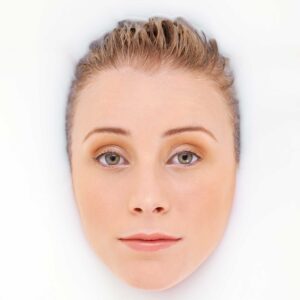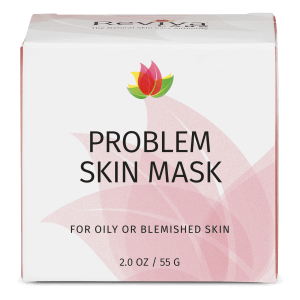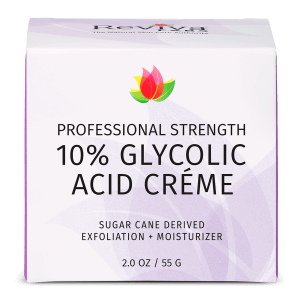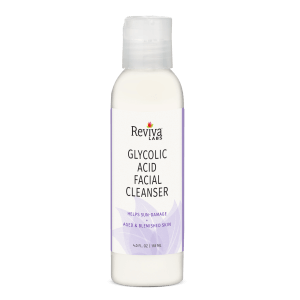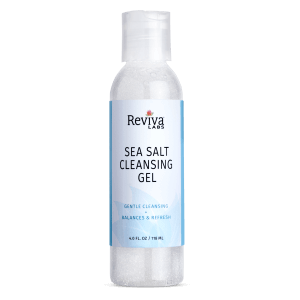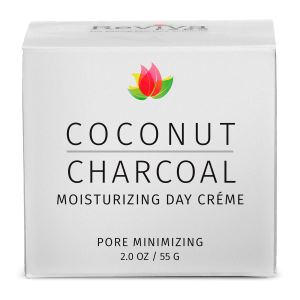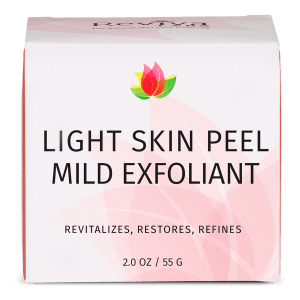Clean Beauty, Ingredients, Natural, Reviva Labs, Skin Care
Teenage Acne: Causes, Prevention, and Parental Support
Teenage acne is a prevalent and distressing skin condition that affects many adolescents. It can be emotionally challenging for teenagers, impacting their self-esteem and overall well-being. This simple guide will explore the causes of teenage acne, prevention tips, treatment options, and how parents can provide support and guidance to their children during this challenging time.
Understanding the Causes of Teenage Acne
Acne in teenagers is primarily caused by hormonal changes during puberty. When hormones become active, they stimulate the oil glands in the skin, leading to an overproduction of oil, dead skin cells, and bacteria. This combination clogs the pores, resulting in inflammation, swelling, and redness.
Genetic Factors
The tendency to develop acne can also be inherited. If family members have experienced acne, it is more likely that the teenager will also develop the condition.
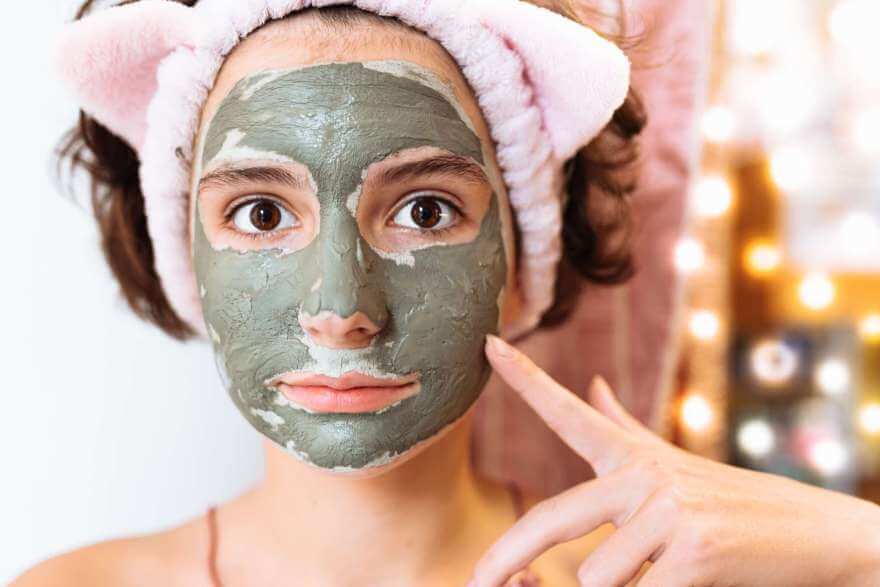

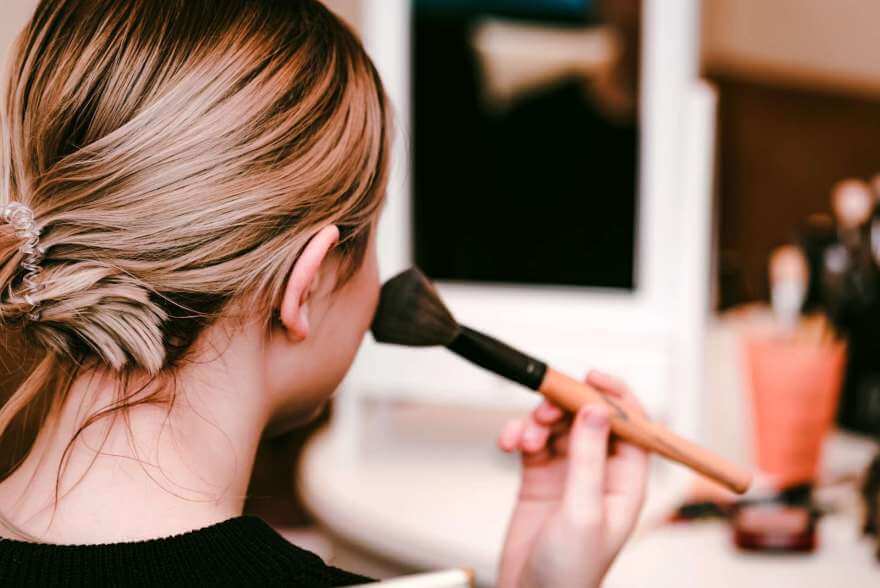

Tips for Preventing Acne in Teens
While there is no guaranteed way to prevent acne, adopting certain habits can help reduce the number and severity of breakouts.
Regular Skin Cleansing
Maintaining good skin hygiene is crucial for preventing acne. Washing the skin with a gentle cleanser helps to remove excess surface oils and dead skin cells that can clog pores. However, over-washing can damage the skin, making it too dry or irritating pre-existing acne.
Post-Exercise and Exposure to Grease
It is essential for teenagers to wash their faces and other acne-prone areas after exercising or being exposed to greasy environments. Sweat and oil can clog pores, worsening acne.
Choosing the Right Skincare Products
Using non-comedogenic or non-acnegenic skincare products, such as lotions and makeup, can help prevent clogged pores. These products are specifically designed not to contribute to acne formation.
Hair Care and Styling
Hair products, such as hair sprays and styling gels, can contain oils that worsen acne. It is recommended that teenagers use water-based products and keep them away from their faces as much as possible.
Avoiding Tight Clothing in Acne-Prone Areas
Wearing tight clothes can cause friction and irritation in areas prone to acne, such as the chest and back. It is best to wear breathable, loose-fitting clothing to minimize irritation.
Treating Teenage Acne
There are various over the counter (OTC) and prescription treatments available for teenage acne. Some OTC products may be effective, but it may take time to find the right one. The most popular and effective OTC acne-fighting ingredients include benzoyl peroxide and salicylic acid.
When to Seek Medical Advice
If OTC treatments are not working, it is essential to consult a doctor or dermatologist. Medical professionals can prescribe specialized gels, creams, pills, or a combination of treatments to manage acne effectively. It is crucial to follow the prescribed treatment plan and continue using it even if the skin clears up, unless advised otherwise by the doctor.
The Role of Diet and Nutrition
While diet and nutrition play a role in overall health, there is no need for teenagers to obsess over their food intake in order to control acne. Maintaining a balanced diet, rich in vitamins and minerals, can contribute to healthier skin. However, if OTC treatments are not effective, it is crucial to consult a doctor or dermatologist for proper acne management.
Parental Support for Teens with Acne
As a parent, supporting and guiding your teenager through their acne journey is essential. Here are some ways to help your child cope with acne:
Educating Your Teen about Acne
Inform your teenager about the causes and treatments of acne. Emphasize that acne is a common condition and usually temporary, affecting more than 80% of youths between the ages of 12 and 30.
Encouraging Good Skin Care Habits
Promote good hygiene by encouraging your teenager to wash their face with a gentle cleanser and moisturize daily. Remind them to avoid touching their face or popping pimples, as this can spread acne-causing bacteria.
Treating Breakouts with Mild Products
When your teenager experiences breakouts, suggest using mild over-the-counter products containing benzoyl peroxide or salicylic acid. Emphasize the importance of patience, as acne treatments may take weeks or months to show results.
Recognizing Signs of Depression
Acne can lead to feelings of depression and anxiety. Be vigilant for signs of depression in your teenager, such as sadness, loss of interest in activities, or social withdrawal. If you notice these signs, consult a dermatologist for acne treatment to help alleviate their emotional distress.
Allowing Your Teen to Meet with the Dermatologist Alone
When your teenager has a dermatologist appointment, giving them time alone with the doctor can help establish trust and ensure open communication about their acne concerns.
Breakout Break Away
Teenage acne is a common and challenging skin condition, but with proper care, support, and treatment, it can be effectively managed. Parents play a crucial role in guiding their children through this difficult period by educating them about acne, promoting healthy habits, and providing emotional support. By working together, teenagers and their parents can navigate the challenges of acne and achieve healthier, clearer skin.



